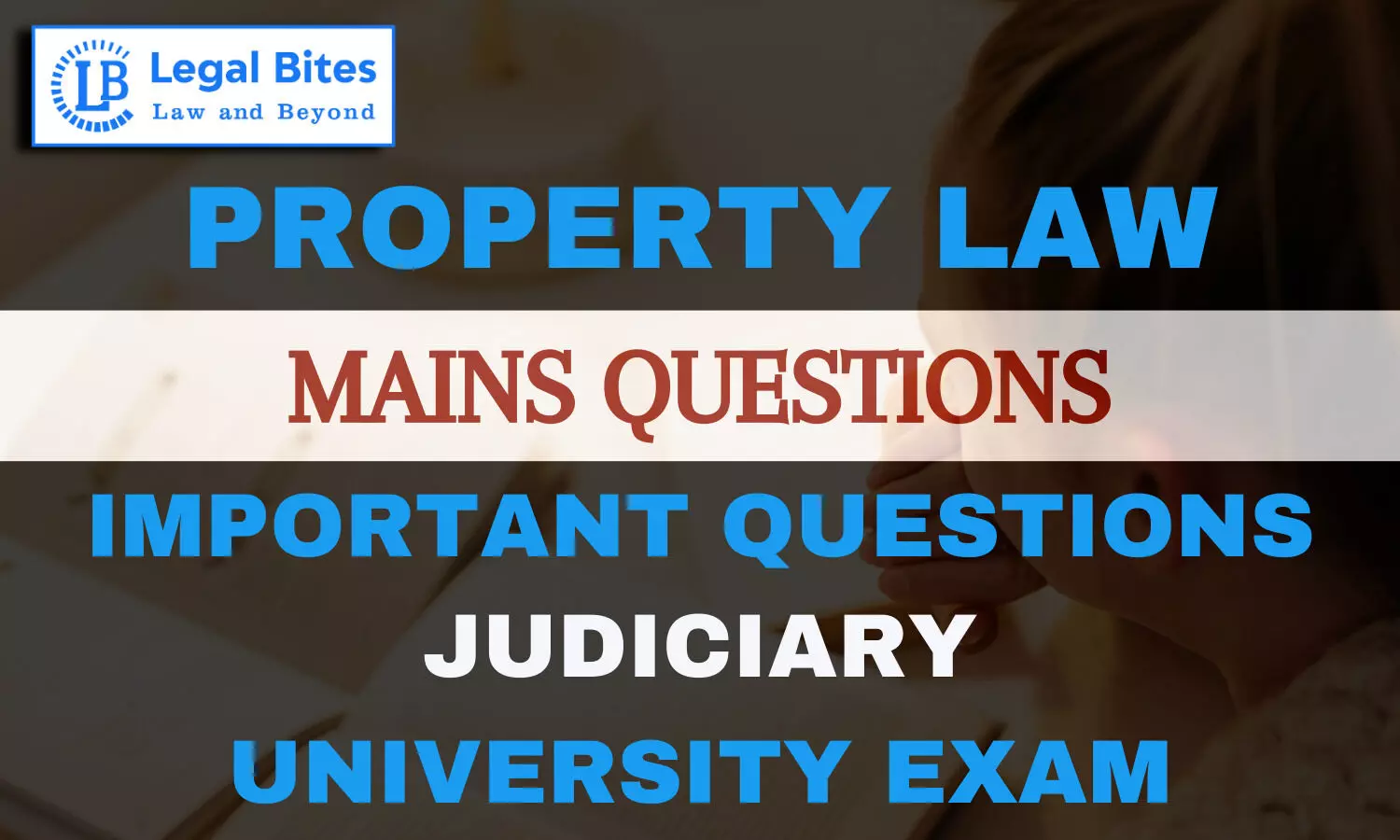Sitaram transfers an estate to Radhey to which Krishna is entitled. As part of the same transaction. Sitaram gives a coal mine to Krishna.... Decide.
Find the answer to the mains question of Property Law only on Legal Bites.;

Question: Sitaram transfers an estate to Radhey to which Krishna is entitled. As part of the same transaction. Sitaram gives a coal mine to Krishna. Krishna takes possession of the mine and exhausts it. Now, he challenges transfer of the estate to Radhey. Decide. [HPJS 2019] Find the answer to the mains question of Property Law only on Legal Bites. [Sitaram transfers an estate to Radhey to which Krishna is entitled. As part of the same transaction. Sitaram gives a coal mine to Krishna....
Question: Sitaram transfers an estate to Radhey to which Krishna is entitled. As part of the same transaction. Sitaram gives a coal mine to Krishna. Krishna takes possession of the mine and exhausts it. Now, he challenges transfer of the estate to Radhey. Decide. [HPJS 2019]
Find the answer to the mains question of Property Law only on Legal Bites. [Sitaram transfers an estate to Radhey to which Krishna is entitled. As part of the same transaction. Sitaram gives a coal mine to Krishna. Krishna takes possession of the mine and exhausts it. Now, he challenges transfer of the estate to Radhey. Decide.]
Answer
Section 35 of the Transfer of Property Act, 1882 deals with the Doctrine of election. The doctrine states that if two rights are endowed on a person under any instrument in such a manner that one right is preferable to the other, he is bound to elect or choose only one of them.
The doctrine of election is a legal principle that applies when a person is given a choice between two or more inconsistent rights or benefits. In the case at hand, Sitaram transfers an estate to Radhey, and as part of the same transaction, he gives a coal mine to Krishna. The key issue is that Krishna is entitled to the estate transferred to Radhey.
The doctrine of election would come into play when Krishna challenges the transfer of the estate to Radhey. Since Krishna has taken possession of the coal mine and exhausted it, he is considered to have accepted the benefit conferred upon him. At this point, he is in a position where he must make a choice:
Krishna can either accept the estate transfer to Radhey and give up any claim to the estate or any other inconsistent rights he may have had. In this case, he cannot challenge the transfer of the estate.
Alternatively, he can choose to challenge the transfer of the estate to Radhey. However, in doing so, he would have to give up any benefits he received from the transaction, which included the coal mine. In other words, he must return the coal mine or its equivalent value as part of the process of challenging the transfer.
The doctrine of election is aimed at preventing individuals from accepting a benefit under a transaction while simultaneously challenging other aspects of the same transaction. It enforces a choice: either accept the benefit and forego any inconsistent rights, or challenge the transaction and give up the benefit received.
In this specific scenario, Krishna has a choice to make. He can either accept the transfer of the estate to Radhey and give up any challenge to it, or he can challenge the transfer and return the coal mine or its equivalent value.



